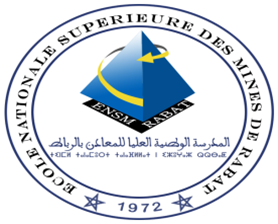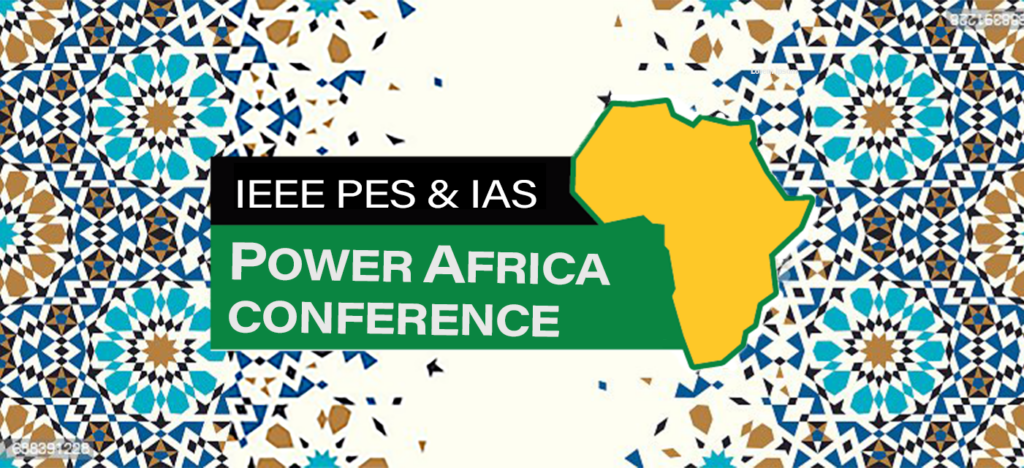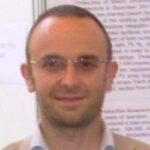Energy Efficiency in Buildings Panel


Theme :
”Advancing Energy Efficiency in Building Systems: A Multidimensional Approach”
- Abstract :
The necessity for energy efficiency in building systems is driven not only by escalating energy costs but also by the global imperative to mitigate greenhouse gas emissions. The panel titled “Advancing Energy Efficiency in Building Systems: A Multidimensional Approach” for the Power Africa Conference, aims to dissect the multifaceted strategies required to enhance energy efficiency in buildings, thereby contributing towards a sustainable and economically viable built environment.
The panel will delve into an array of topics encompassing innovative design and construction techniques, integration of renewable energy systems, the application of advanced insulation and glazing materials, as well as the adoption of smart building technologies that optimize energy utilization through real-time monitoring and control. Moreover, the panel will explore the policy frameworks and financial incentives necessary to accelerate the adoption of energy-efficient practices within the construction sector.
In addition to technical discussions, the panel will engage in a discourse on the behavioral aspects influencing energy consumption, and how an educative approach can foster a culture of energy conservation among building occupants. The collaborative dialogues envisaged during the panel session aim to foster a confluence of ideas among architects, engineers, policymakers, and stakeholders, which could pave the way for mainstreaming energy efficiency in building practices.
The synthesis of expert insights and interactive discussions during this panel is expected to elucidate a holistic pathway towards achieving remarkable improvements in energy efficiency across the building sector, aligning with global sustainability goals and local economic imperatives.
Through a multidimensional lens, this panel seeks to bolster the understanding and actionable knowledge required to transition towards more energy-efficient building systems, which is paramount in navigating the challenges posed by the contemporary energy and environmental landscape. The panel endeavors to ignite innovative solutions and collaborative efforts that can significantly contribute to the energy efficiency narrative in Africa, aligning with the broader objectives of the Power Africa initiative.
Panelists
——————-




